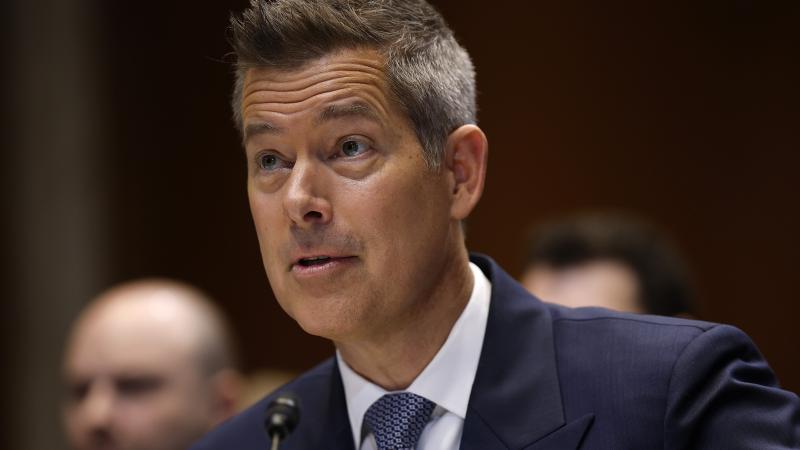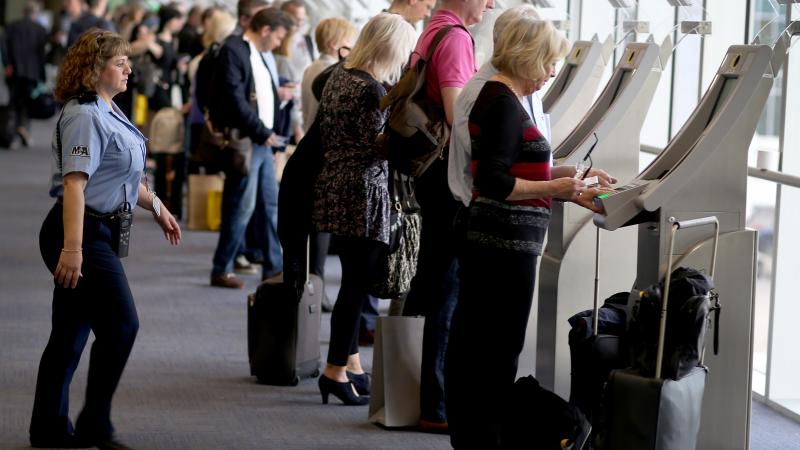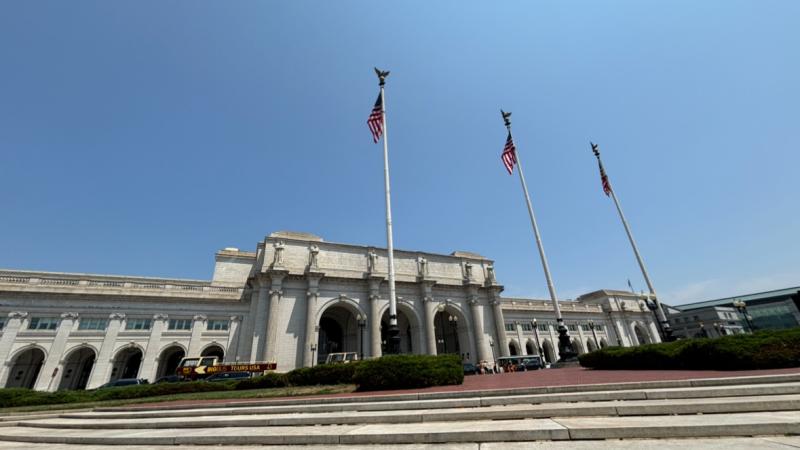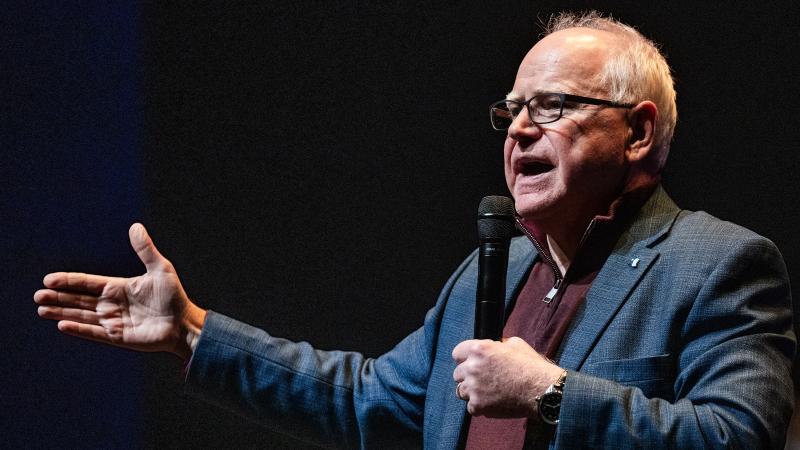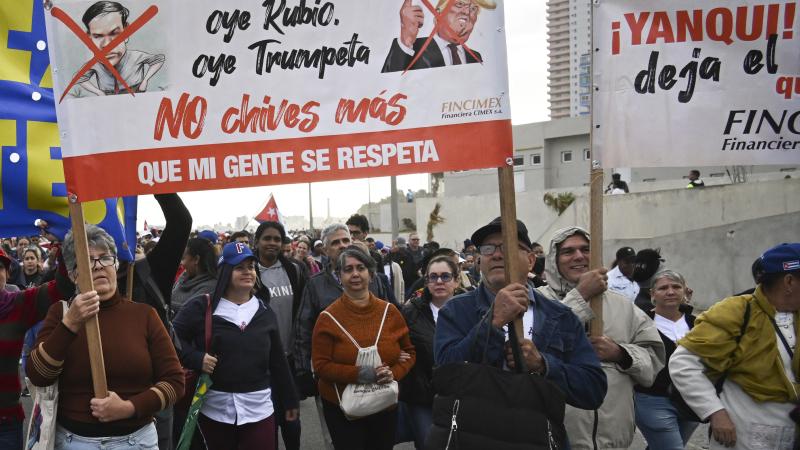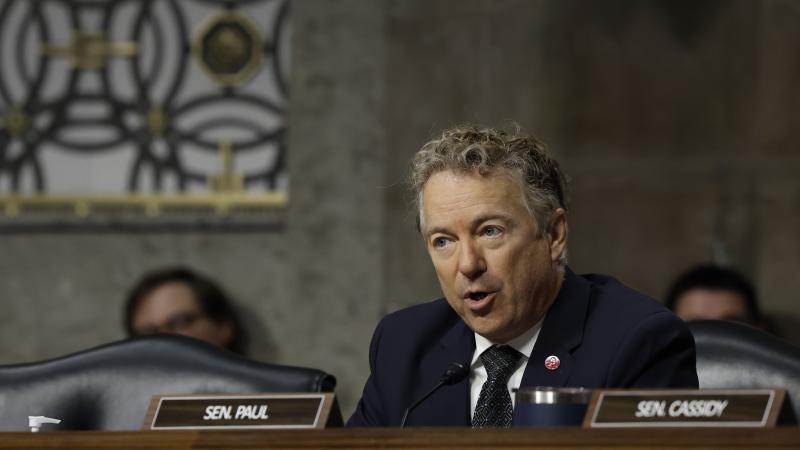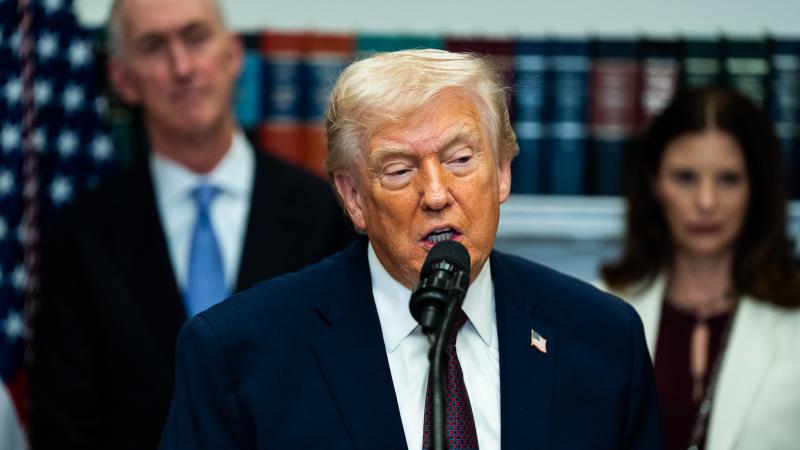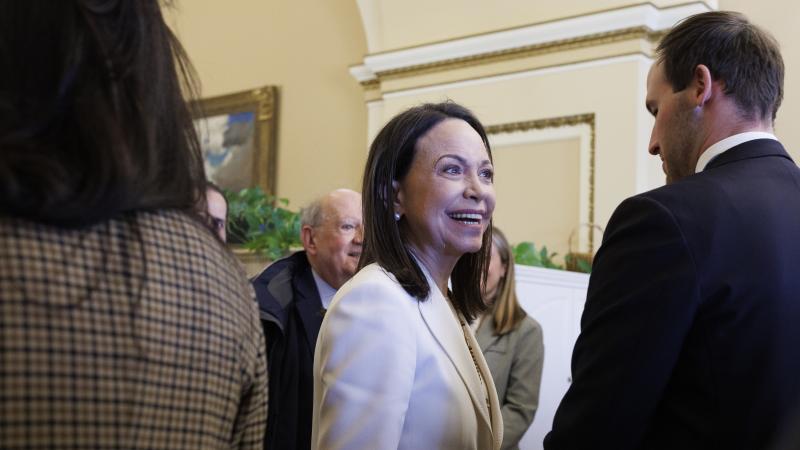NJ Transit train engineers go on strike, stopping nation's third-largest commuter rail line
About 100,000 daily rail commuters will be inconvenienced by the strike.
New Jersey Transit train engineers went on strike early Friday, halting the nation's third-largest commuter rail line.
The strike began after negotiations between the Brotherhood of Locomotive Engineers and Trainmen and the state-run commuter rail service fell through Thursday night, CNN reported. About 100,000 daily rail commuters will be inconvenienced by the strike.
NJ Transit CEO Kris Kolluri said at a press conference late Thursday night with New Jersey Gov. Phil Murphy (D) that both sides were close to reaching a deal but were unable to agree on a wages package deemed affordable by the state and NJ Transit management. The two sides will return to the negotiating table by Sunday morning, but Kolluri said he would return to the table earlier if the union would.
An earlier tentative labor deal was rejected by 87% of the approximately 450 union members who drive the NJ Transit trains. The deal would have given workers their first raises since 2019 and thousands of dollars in backpay, but their wages would still be 20% short of the pay of Amtrak and other nearby commuter railroads' engineers that use the same stations.
“NJ Transit has a half-billion dollars for a swanky new headquarters and $53 million for decorating the interior of that unnecessary building,” BLET National President Mark Wallace said in a statement. “They gave away $20 million in revenue during a fare holiday last year. They have money for penthouse views and pet projects, just not for their front-line workers. Enough is enough. We will stay out until our members receive the fair pay that they deserve.”
The union claims that its current contract demands would cost only $4 million more per year compared to the previous offer that was rejected and that a strike will cost the railroad more.
However, Kolluri said that agreeing to BLET's demand would require the same pay raises to be offered to other unions under “me too” clauses in their own labor deals. Murphy said that that would raise additional costs from less than $10 million a year to more than $100 million a year for NJ Transit, which it could not afford to pay.
“This is not a lost cause,” Kolluri said. “This is an imminently achievable deal.”
